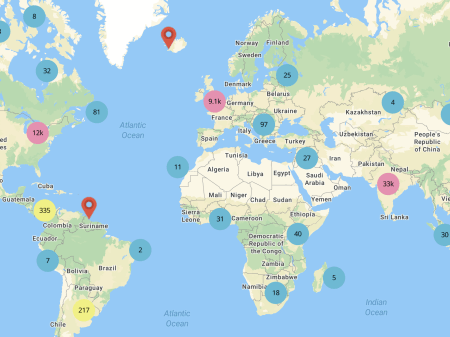
A new law will protect the retirement benefits of 10,000 employees of electric co-ops in the USA. Signed by President Obama on 16 December, the legislation is part of the US Government Funding Bill.
The new measure builds on the enactment of the Cooperative and Small Employer Charity Pension Flexibility Act of April 2014. That law provided a permanent exemption for co-operatives and small employer charities in the Retirement Security Plan, including electric co-ops, from the volatile and costly provisions of the 2006 Pension Protection Act.
“The new bill further protects co-op employees, but in different ways”, explained Chris Stephen, employee benefits legislative counsel at the National Rural Electric Co-operatives Association (NRECA).
Earlier this year, the Internal Revenue Service (IRS) informed NRECA that a service-based retirement age is impermissible for private-sector qualified retirement plans, even one as long as 30 years.
More than 880 rural electric co-operatives participate in NRECA’s sponsored retirement plan, covering 55,000 employees in 47 states. Over 300 of these co-ops have a “normal retirement age” that is the earlier of age 62 or 30 years of service. This Plan feature had been previously approved by the IRS on six occasions, in 1977, 1983, 1987, 1997, 2000 and 2012.
If the IRS position been applied to the NRECA Plan, over 10,000 co-op employees, including more than 3,400 employees within five years of retirement, would have been prevented from receiving an earned distribution that their co-op had paid for. The law is not specific to co-ops; it applies to any private pension plan offered by any company that has a service-based component of over 30 years.
“If the IRS had its way, an employee at such a co-op who started stringing electric lines at the age of 20 and was set to retire at the age of 50, after doing dangerous work, the IRS would have forced them to retire at the age of 62,” explained Mr Stephen.
He described the new law as “a great win” for the employees of rural electric co-operatives.
“It has been a nightmare for employees that have been fearing the IRS taking their benefits away at any time over the past seven years”, he said.




